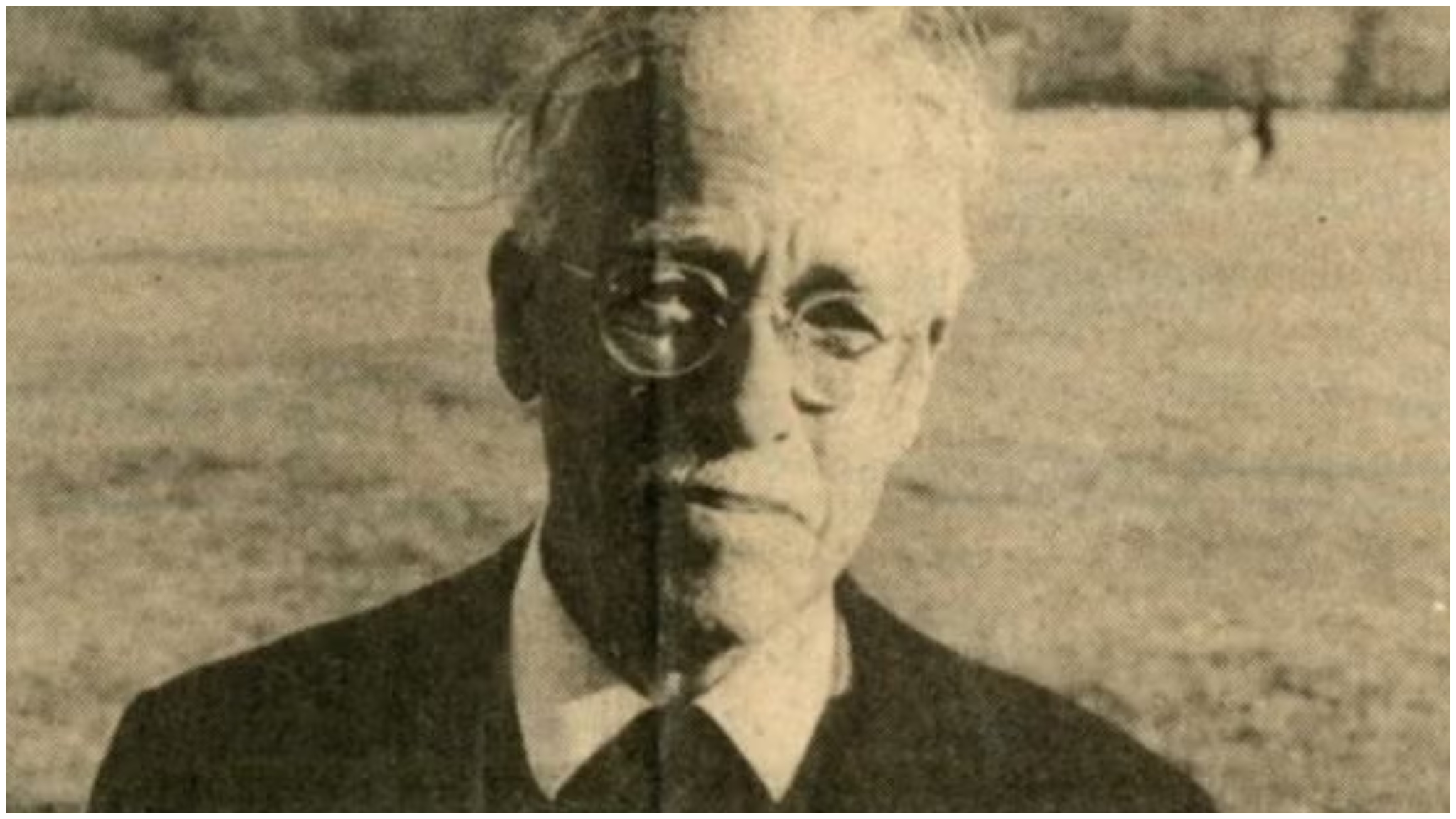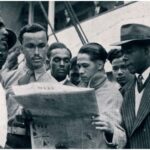Breaking Barriers at Penn: A Historic Captaincy
In 1918, Willis Nelson Cummings made history at the University of Pennsylvania. He became the first Black varsity captain in both Ivy League and Big Ten history. As captain of Penn’s cross country team, Cummings broke long-standing racial barriers in American college sports.
Despite being one of only a few Black students at Penn, his talent stood out. He was not just a strong runner—he led with pride and discipline. His leadership helped the team win key races, and his presence inspired change.
A Champion on the Track and Beyond
Cummings wasn’t just a captain. He won both the junior and senior titles at the 1918 Middle Atlantic AAU Championships. No other runner, Black or white, had ever done that in the same year. He also earned a varsity letter, becoming only the third Black student at Penn to do so.
However, his achievements came with struggles. Some schools, like the U.S. Naval Academy, refused to compete with him. Even his own university failed to take a team photo that year. Officials didn’t want to show a Black man sitting proudly in the middle as team captain.
Reclaiming a Forgotten Legacy
After he graduated, many of Cummings’ athletic records mysteriously vanished from Penn’s archives. It wasn’t until years later, when Cummings brought his own scrapbook and research, that his name was restored. In 1969, the Pennsylvania Athletic Club finally acknowledged him as the first Black varsity captain at Penn.
He had to fight for recognition not just during his time on the track, but long after it too. His journey shows how racism can erase history, but also how determination can restore it.
A Life Built on Education and Excellence
Willis Cummings came from a family that valued education. His mother, Mary E. Badger, was the first African American woman to earn a BA from Atlanta University in 1886. His father, William N. Cummings, was a Fisk University graduate and Galveston’s first Black school principal.
Cummings followed in their footsteps, graduating from Fisk in 1916. While there, he organized the school’s first intercollegiate track event. He was also the first Black athlete registered with the Texas AAU.
Dental School and a New Fight in Harlem
After Fisk, Cummings joined the University of Pennsylvania School of Dentistry. He graduated sixth in his class in 1919 and became the first Black student elected to Omicron Kappa Upsilon, a top dental honor society.
He moved to Harlem and practiced dentistry from 1920 to 1969. His fight for justice continued there. In the 1930s, he pushed the Dental Society of New York to accept both Black and Jewish members. He didn’t just fix teeth—he broke down doors.
A Legacy of Strength, Even in Old Age
Even into his 80s, Cummings stayed active. At age 85, wearing his old Penn varsity sweater, he passed a young student while jogging on Franklin Field. It was a small but powerful moment—a reminder that true champions never slow down.
Willis Cummings died at the age of 97 in Harlem. But his story still runs strong today, showing us what it means to lead, to break barriers, and to never give up.





